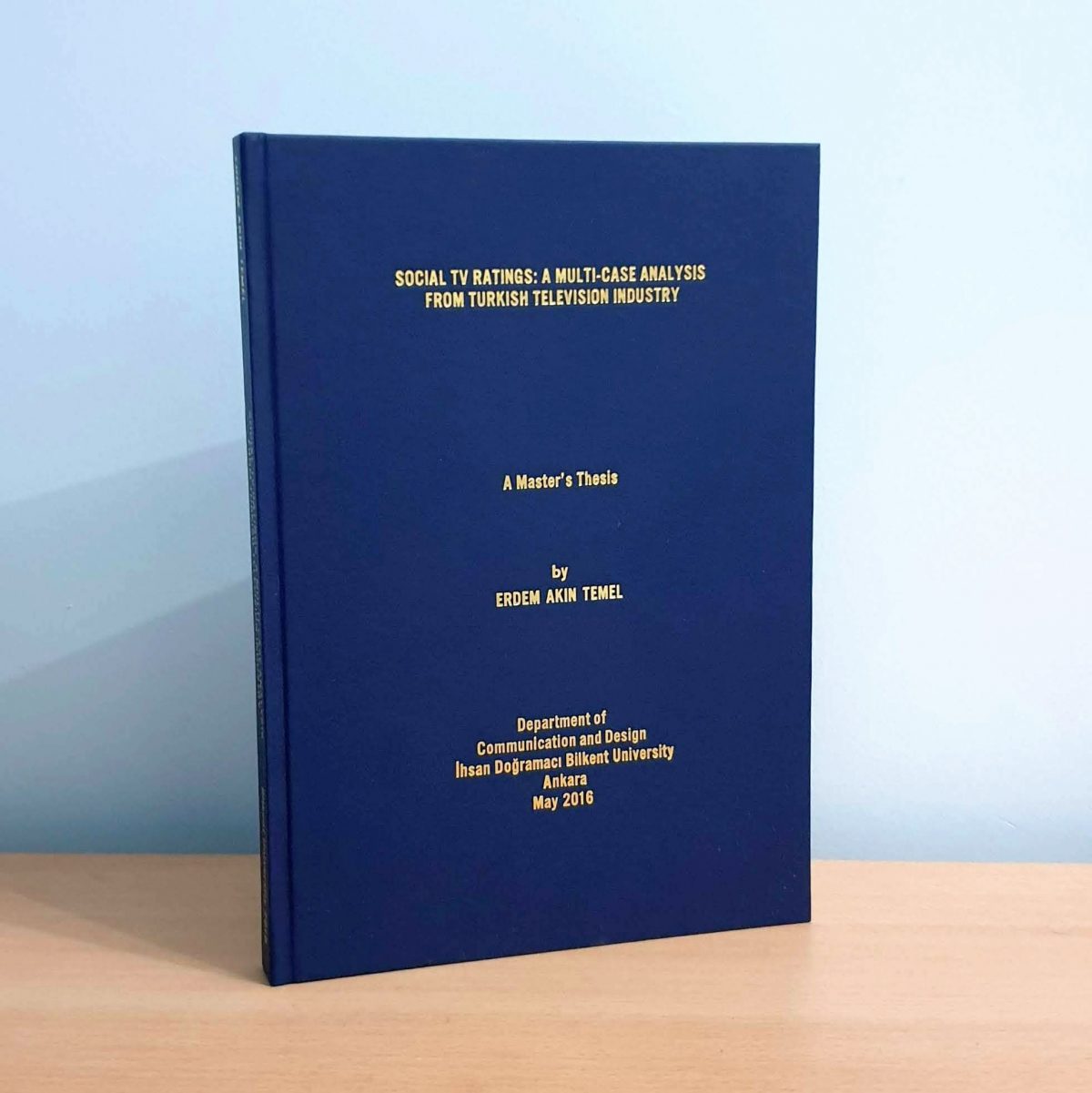Abstract
In recent years, viewing habits of TV viewers and television itself have changed significantly thanks to the integration of exponentially developing web technologies to continuously evolving mobile devices. Televised content became digitized and freed from time and space, while public expression became available in a time and space unbound form via social media. This integration and its ever growing outcomes started to be called Social TV, which includes dialogues among viewers and/or producers, social media based ratings, screen interactions, analyses over user created content both in numbers and in relation to contexts etc. Academic definitions seem to be insufficient in defining the general scheme of Social TV. Thus, an important part of this thesis aims to offer a comprehensive definition to this newly developed interaction cluster. Moreover, this thesis argues that Social TV ratings are complementary to the traditional set-top-box rating systems with even a potential to replace them in the future. To support this argument, historical background of Turkish Social TV is provided including its current state, as well as a detailed discussion of the pros and cons of Social TV ratings against traditional rating systems.
Social TV Ratings: A Multi-case Analysis From Turkish Television Industry on Academia.edu, on Bilkent Library, on ResearchGate


Comments by Erdem Akın Temel